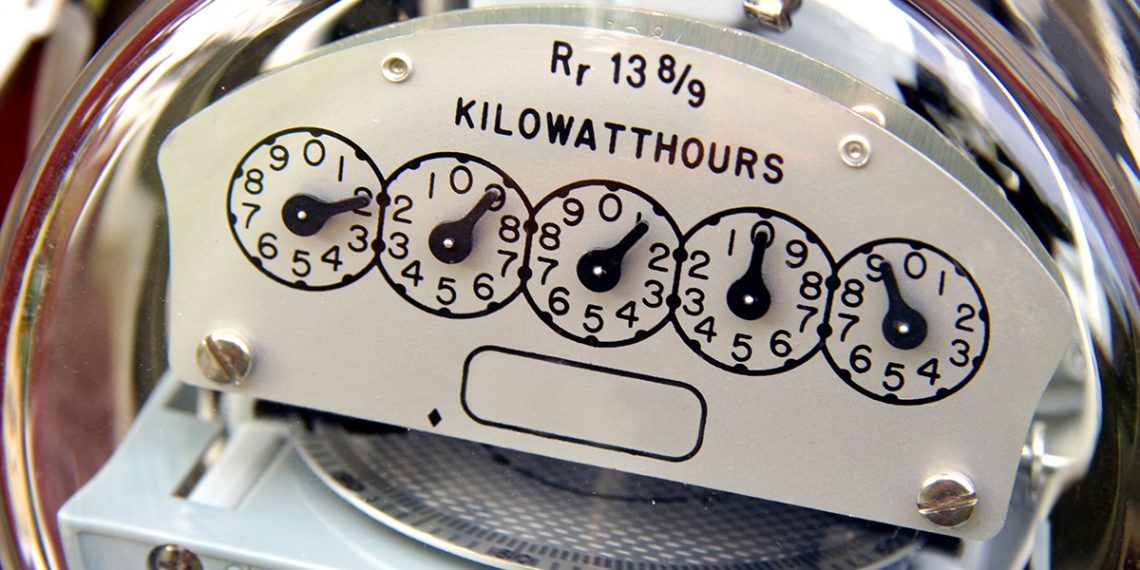
Most people know solar power benefits the people who use it because it reduces their utility costs. In fact, some solar-powered homeowners don’t pay anything for electricity. A lesser-known fact is that solar powered homeowners help everyone in their community through net metering, even their neighbors who still depend on the grid alone for home energy.
What exactly is Net Metering?
Since today’s solar systems are all tied to the grid, if a solar-powered homeowner generates more electricity than they use, the excess goes back to their utility company, spinning the meter backward and giving them a credit for the electricity the solar panel system generated. In simple terms, net metering allows residential and commercial customers who generate their own electricity from solar power to feed electricity they do not use back into the grid.
Net metering’s billing mechanism then credits solar energy system owners for the electricity they add to the grid. For example, if a residential customer has a PV system on the home’s rooftop, it may generate more electricity than the home uses during daylight hours. If the home is net-metered, the electricity meter will run backwards to provide a credit against what electricity is consumed at night or other periods where the home’s electricity use exceeds the system’s output. Customers are only billed for their “net” energy use. This is how many solar-powered homeowners end up paying nothing to their utility for their electricity.
Three Ways Net Metering from a Solar-powered Home Benefits Everyone in the Neighborhood:
- Saves Money for the Entire Neighborhood: More energy-conscious customers help neighbors who are bigger energy consumers, save money on their monthly electric bills because the exported solar electricity from their solar systems also serves nearby customers’ loads.
- Less Network Upgrades: Those who use solar power not only conserve energy so there is more for everyone they also help power the grid. The extra electricity that is generated from their solar panels is fed back to the power grid which reduces the need for utility companies to spend extra funds on infrastructure updates. It also helps reduce transmission-line congestion that can cause rolling blackouts and other inconvenient power outages for repairs and upgrades.
- Safer Community: Our electrical power grid is aging, and additional stress is added to it due to climate change that makes storms stronger and summers hotter. There are also rising concerns about terrorism including threats of cyber-attacks. The current grid is so dated and over stressed that the utility industry will need to spend billions of dollars to update it and keep it secure. By expanding the power sources to include more distributed solar energy, a catastrophic weather event or attack will be less likely to take out the entire system at once making the system safer and potentially saving the economy billions of dollars in expenses to repair and rebuild.
Neighbors of Solar-powered Homeowners Benefit from More than Net Metering Alone
Homes that run on sunshine generate zero toxic emissions while reducing pollutants that come to the community from fracking and burning fossil fuels. This helps protect the health of the families that live in that community while reducing their healthcare costs.
In addition, every person who runs their home on solar power also helps reduce our grid-supplied electricity, which could be generated via gas, coal, or even foreign oil. Solar helps diversify our energy supply. This helps to ensure the source of our power is reliable and the pricing remains consistently affordable. And as the industry continues to grow, so do the jobs available to the communities it supports.
Whether you have solar panels or not, you benefit from those neighbors who do. Your air and water is cleaner, your local electric company is stronger and your community has more economic benefits and independence. Solar power is good for everyone.




